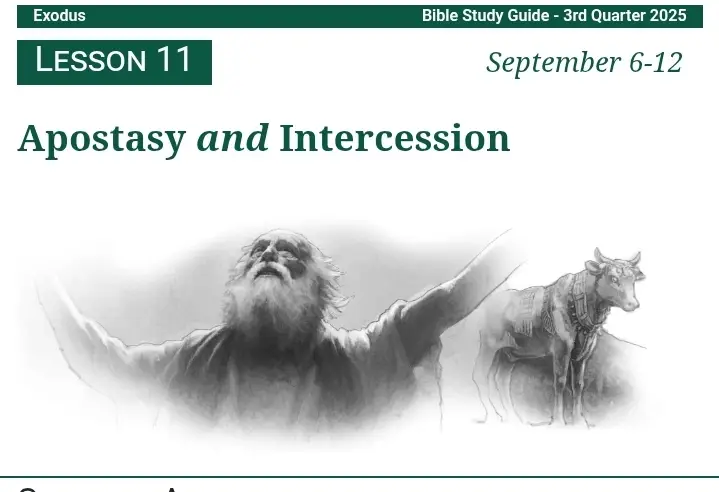James | Investing Mindset
Region: US
Sunday 10 August 2025 05:23:27 GMT
2098
173
3
4
Music
Download
Comments
່ :
Bro ok there ?
2025-08-10 10:31:02
1
To see more videos from user @jpvision33, please go to the Tikwm
homepage.





